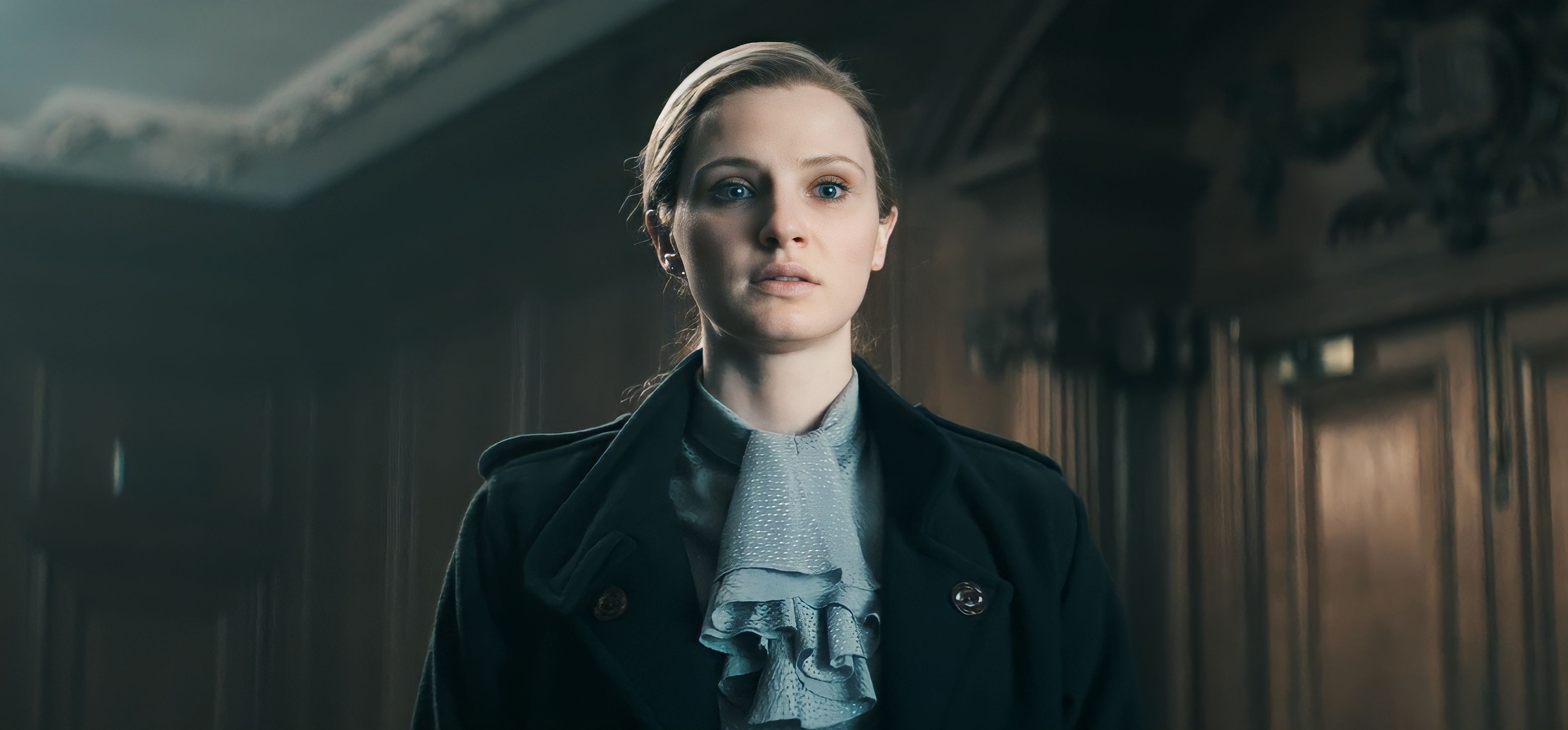Apple TV+’s spy thriller film ‘Tetris’ revolves around Henk Rogers, who sets out to acquire the handheld console rights to Tetris, a Russian game created by Alexey Pajitnov. Henk approaches Robert Stein for the same, only to realize that the man who introduced the game to the West doesn’t have the necessary rights. To beat Stein and other competitors, Henk goes to Moscow, the capital of the Soviet Union. Since he doesn’t know Russian, the businessman hires an interpreter named Sasha to lead him to Elektronorgtechnica AKA ELORG, the company that owns the game. Henk eventually realizes that Sasha is a KGB spy, making the viewers intrigued about the real-life counterpart of the character. Well, here’s what we can share about the same!
Sasha is Partially Inspired by a Real KGB Spy
Sasha is partially based on a real KGB spy. Jon S. Baird’s ‘Tetris,’ written by Noah Pink, is actually based on the real-life experiences of Henk Rogers, who helped Nintendo, one of the largest video game companies of the second half of the twentieth century, to acquire the home and handheld console rights to the famed game Tetris. When Nintendo revealed their plans to launch “Game Boy” to Henk, the latter offered to help them acquire the handheld rights to the game so that they can release their ambitious product with the highly addictive game. The businessman went to Moscow without any knowledge of the Russian language or how businesses were conducted in the Soviet Union.

Henk arrived in Russia on a tourist visa but he wanted to go to ELORG, raising suspicions. That was when he met an interpreter, who offered to take him to ELORG when all others he reached out to refused or avoided him. “Finally, I hired an interpreter from a booth in the lobby of my hotel. They were all KGB, but she was beautiful and very perky, when everybody else was doom and gloom,” Henk told The Guardian about the interpreter, who partially inspired the character Sasha. According to a video clip Henk filmed while he was in Russia, on the way to ELORG, the interpreter’s name sounds similar to “Allah.”
The alleged KGB spy took Henk to ELORG but she tried her best to prevent the businessman from ending up in trouble with the Soviet authorities. Henk, however, wasn’t ready to turn back. “She took me to Elorg, but she wouldn’t take me in because I hadn’t been officially invited. I was breaking a cardinal rule – trying to do business on a tourist visa – but I told her I hadn’t come all this way for nothing. It was like standing on a rock 50ft above water. You just have to jump and trust it’s not going to be as bad as you think,” Henk added about the interpreter.

As per reports, the real-life alleged KGB spy’s role most likely ended with taking Henk to ELORG. However, in the film, Sasha continues to remain a part of Henk’s negotiations with ELORG head Nikolai Belikov as a KGB representative, which is seemingly a fictional detail. In addition, the real-life interpreter wasn’t working for Valentin Trifonov because the Soviet Communist Party member is a fictional character. Therefore, Sasha hunting down Trifonov for striking an illegal deal with Robert Maxwell, who tries to acquire the handheld rights to the game like Henk and Robert Stein, is a fictional detail as well.
Screenwriter Noah Pink integrated fiction into the reality behind the real-life interpreter to make ‘Tetris’ a spy thriller rather than a typical biographical film. “We’re not doing this documentary version of [the Tetris story]. There’s a really great documentary called From Russia With Love […]. It’s a really great story, but, you know, to make a two-hour version of it, you need to sort of Hollywood-ize, if that’s a word, the tale,” director Jon S. Baird told Polygon about the creative liberties taken to conceive the film, which includes Sasha and Trifonov’s storyline.
Read More: Did Taron Egerton Learn Japanese for Apple TV+’s Tetris?


You must be logged in to post a comment.